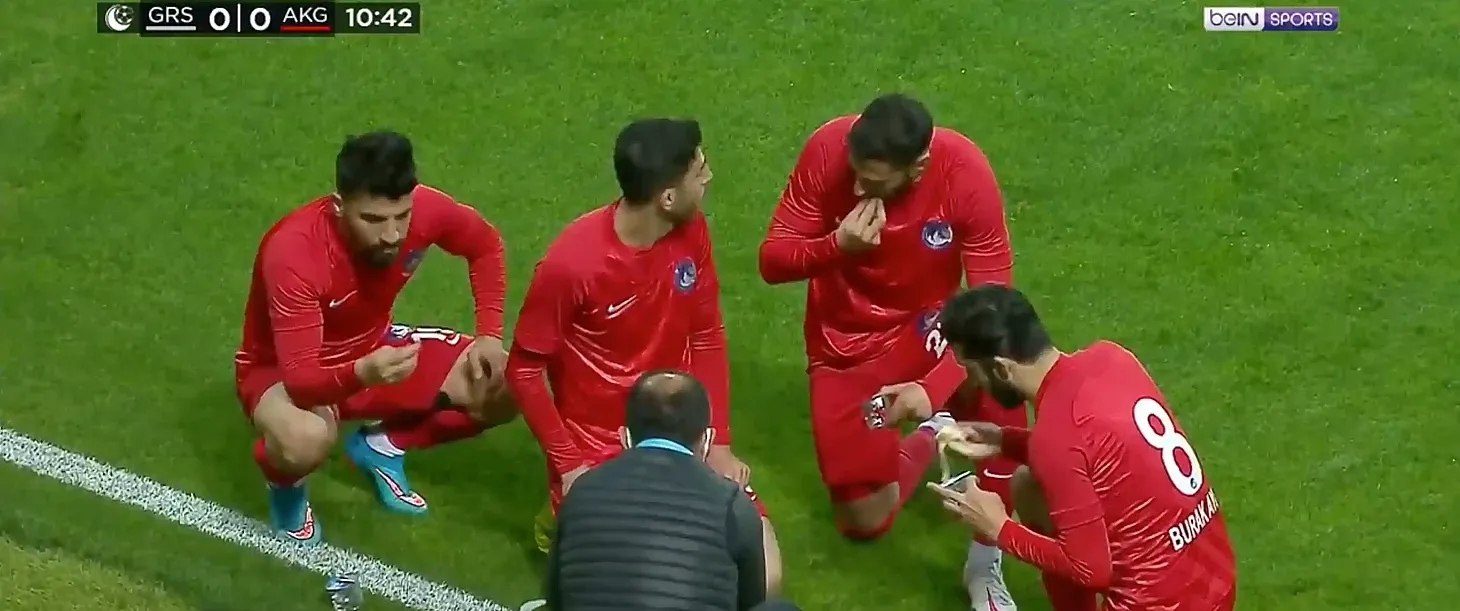Football During Ramadan: A Challenge for Athletes
Football is a passion that unites people worldwide. However, for many footballers, especially Muslims, Ramadan presents a unique challenge. The ninth month of the Islamic calendar is a time of fasting, prayer, and reflection, during which observant Muslims abstain from food, drink, and other worldly pleasures from sunrise to sunset.
For professional footballers, whose training and match schedules are often intense, fasting during Ramadan can pose significant physical and mental challenges. The effects of fasting vary depending on an individual’s health, fitness level, and environment, but for many athletes, managing physical performance during this period is crucial.
The Physical Challenges of Fasting and Football
One of the biggest challenges for footballers during Ramadan is maintaining energy levels, particularly during training sessions and matches. A lack of food and fluids can lead to dehydration, fatigue, and weakness, all of which can negatively impact on-field performance. Furthermore, fasting may slow down post-training recovery and increase the risk of injury.
To mitigate these challenges, many footballers adjust their training and nutrition plans during Ramadan:
✅ Some choose to break their fast during training or matches to maintain performance levels.
✅ Others continue fasting but modify their training schedules to reduce physical strain.
The decision to fast or adapt fasting practices is often personal and individual, influenced by factors such as physical condition, fitness level, and professional obligations.
Support from Coaches, Teams, and Medical Staff
The role of coaches, teammates, and medical professionals is crucial in helping footballers manage Ramadan’s demands. Open communication and teamwork are essential to ensure that players receive the right support and guidance to maintain their performance while respecting their religious commitments.
Strategies that clubs and coaches often implement include:
✔️ Adjusting training schedules to later in the day, closer to Iftar (the meal to break the fast).
✔️ Providing hydration and nutrition plans that optimize recovery during non-fasting hours.
✔️ Encouraging active recovery techniques to reduce fatigue and injury risk.
Ramadan as a Time for Spiritual and Mental Growth
Despite the physical demands, many footballers view Ramadan as an opportunity for spiritual and mental growth. Fasting can enhance self-discipline, strengthen religious beliefs, and cultivate resilience—values that are equally important on and off the pitch.
Moreover, the experience of playing football during Ramadan promotes team spirit, solidarity, and endurance, reinforcing the connection between sport and faith.
Conclusion: Balancing Faith and Football
Ramadan presents challenges for footballers, but with the right planning, adjustments, and support, players can continue competing at a high level while honoring their faith.
Ultimately, football during Ramadan highlights the values of respect, tolerance, and understanding—principles that make the sport so diverse, enriching, and unifying.

